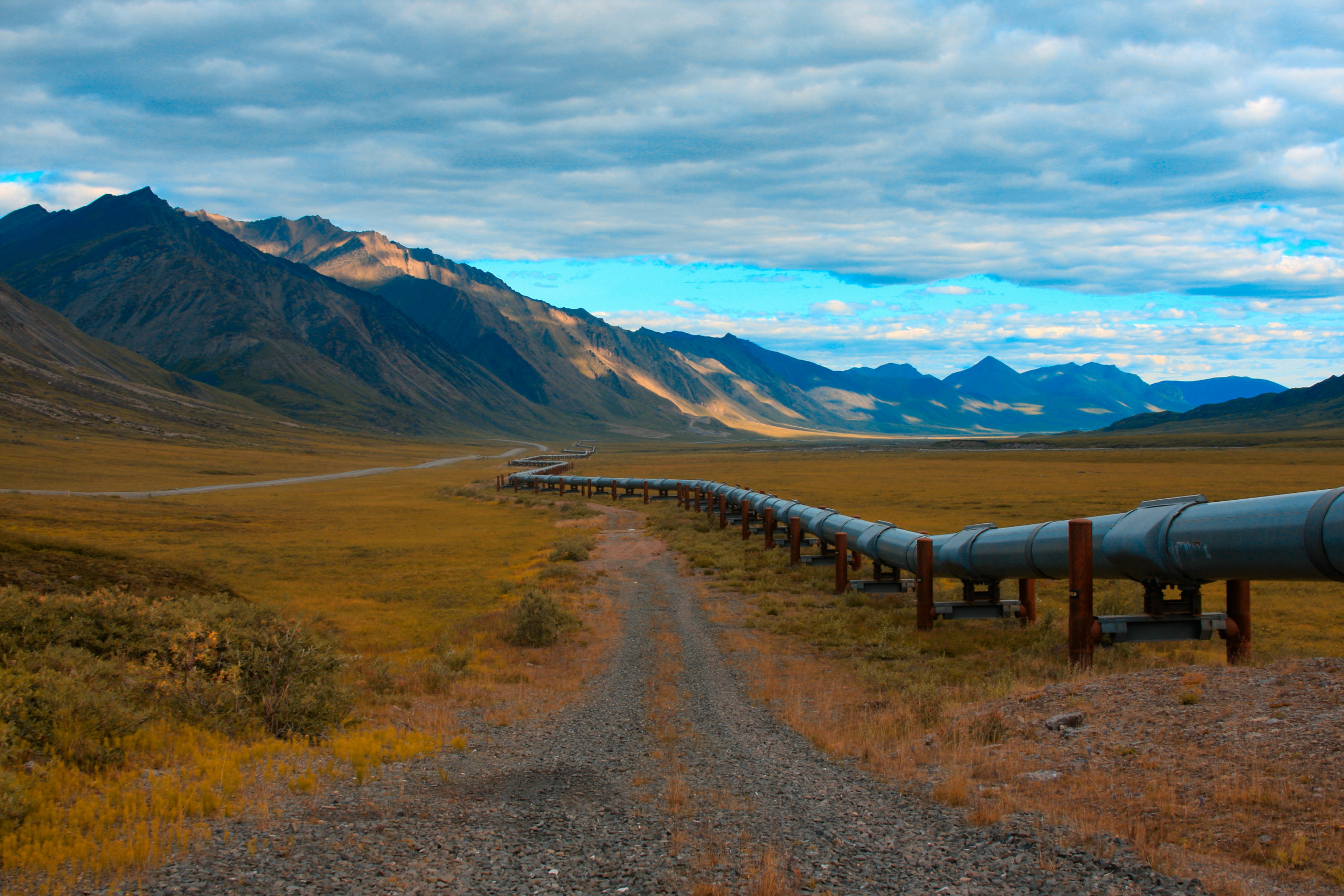Among the flurry of executive orders signed by Joe Biden on his first day as President was the cancellation of the Keystone XL pipeline, which would have moved oil extracted from tar sands in Alberta to Port Arthur, Texas, where it could be shipped internationally. While receiving very little attention in the United States, the cancellation has significant implications for Canada’s energy sector, shown in that TransCanada Energy, which operates a vast network of North American oil and gas pipelines, has cut over 1,000 jobs in the weeks since the executive order.
Hopefully, the repercussions of this cancellation will awaken Canadians to the inevitable decline of Canada’s oil and gas industry. Keystone XL’s cancellation inverts many of the narratives Canadian Conservatives have been pushing for years: that climate change is an unsolvable collective action problem and that nations can secure an “energy independent” Canada by investing in domestic fossil fuel energy production.
Rhetoric from the Conservative Party portrays climate change as a collective action problem: unless everyone is on board, very little can meaningfully be accomplished, and those who do invest in the fight against climate change are “suckers” who will be paying without results. Thus, with a sigh, a shrug, and a smile, Conservatives say that nothing can be done.
Canada’s experience with Keystone should show that individual nations, if only superpowers, can flip the collective action problem and make new climate infrastructure worthless. If the Biden administration rejects new carbon infrastructure, and invests in green infrastructure, this can have an enormous positive impact on the global commons.
However, if the United States moves on from fossil fuels and Canada does not, the disappointments are going to continue to rack up. The United States is a vast market for Canadian oil: close to 98% of Canada’s oil exports go to the United States. Canada’s internal market (2.4 thousand barrels of oil per day consumed) is insignificant compared to the 3.7 million barrels per day exported. A greener United States means enormous losses to the profits of Canadian oil and gas, which won’t be able to pivot to other markets easily.
Thus, the Keystone XL debacle completely flips the narrative of “energy independence.” The ambition, espoused by Federal Conservatives and Alberta Premier Jason Kenney, is to free Canada, the United States, and eventually the entire Western world from dependence on oil from OPEC by, among other means of domestic energy production, increasing oil sands extraction and oil exports from Canada.
Practically, exporting more oil to the United States has only made Canada dependent on the United States as a market. Keystone XL has been cancelled, re-approved, and now cancelled once again, highlighting the precarious nature of this cross-border collaboration on carbon infrastructure, especially when one country is so much more dependent on the relationship than the other.
A future in which nation-states are energy independent means a transition to sources of energy that are more evenly distributed (such as sun or wind). Energy from renewable sources is set to increase as a share of US energy, reaching a predicted 25% of US energy consumption by 2022. Projects like Keystone XL assume a long-term future in which the world (and the United States in particular) continue to consume dangerous levels of fossil fuels. This future is increasingly unlikely.
The Keystone XL situation reaffirms that Canada is a climate laggard, despite the lofty promises of the ostensibly progressive Liberal government reelected in 2019. After endorsing the Keystone XL pipeline, Prime Minister Trudeau is in the awkward position of having aligned closely with the Trump administration’s energy agenda, and there is no reason to assume those sets of policies will not continue to be the norm in Canada. Because resource extraction makes up a greater share of Canada’s economy than any other G7 country, the Canadian government is particularly sensitive to the costs of reforming its energy industry. Beholden to the oil and gas industry, the approach of Liberal and Conservative governments to climate change has been to legislate insofar as it does not affect their bottom line while making pledges to reach various ‘green’ milestones by 2050, and imposing policies like carbon taxation which inordinately punish working-class people in rural areas.
Such policies are wholly insufficient, and by placing Canada in a precarious situation, the cancellation of Keystone XL demonstrates the degree to which pledges to combat climate change have not corresponded to an active effort to scale back economic reliance on fossil fuel production. The current government is unwilling to do the hard work of fighting climate change, work that includes heavy investment in new green infrastructure and the complete cessation of new carbon infrastructure. As governments in countries not as dependent on oil exports slowly, surely, and cynically decarbonize, Canada will continue to fall behind, and Keystone XL will not be the last time Canada is disappointed by failures in cross-border coordination. Currently, the Trans Mountain pipeline is under construction on Canada’s West Coast. The pipeline is supported by the Federal Liberals, yet its profitability is dependent on Canada not meeting their goal of net-zero emissions by 2050. While this pipeline does not cross the 49th parallel, its profitability is based on more than just Canada’s climate policy. Other countries’ commitment to decarbonization can dent Canada’s economy as long as projects like Keystone XL and Trans Mountain continue to be approved.
Image: Alex on Adobe Stock
